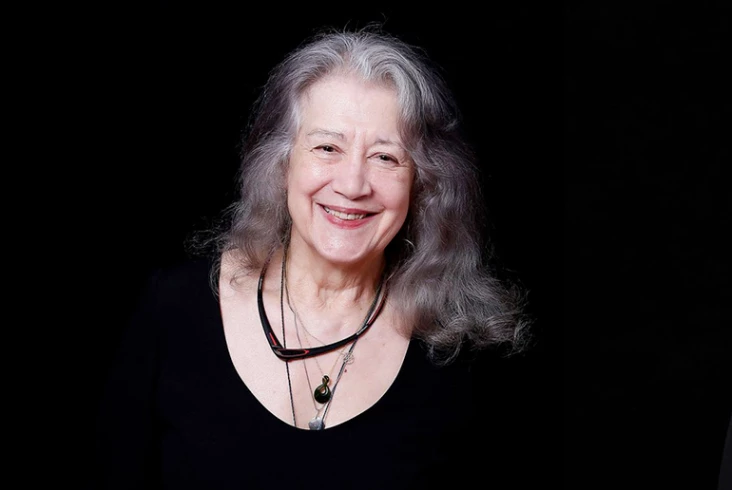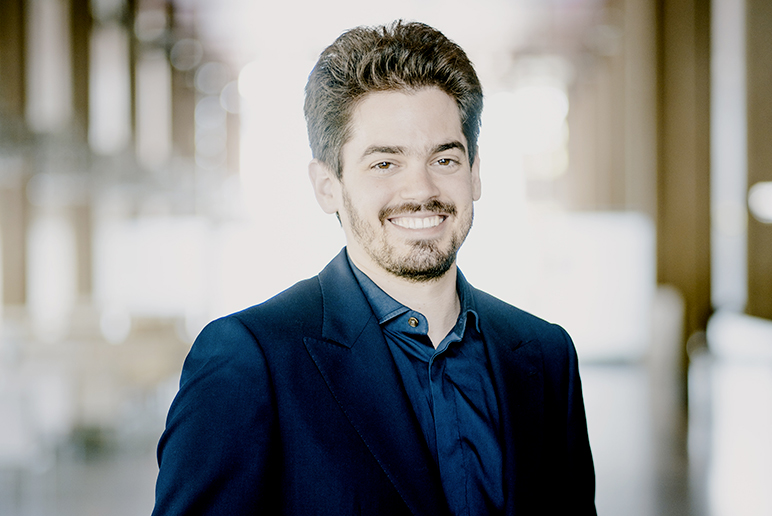Rotterdams Philharmonisch Orkest
Lahav Shani | direction
Martha Argerich | piano
Two major works by Bartók and Dvořák on the theme of exile, featuring the extraordinary talent of Martha Argerich.
Roukens Con Spirito, Overture for orchestra (Commande of Rotterdams Philharmonisch Orkest, 2024 - French Premiere)
Bartók Concerto for piano No. 3
Dvořák Symphony No. 9 « From the New World »
The Rotterdam Philharmonic Orchestra has been a regular fixture at the Théâtre for over a decade. We first discovered it with Yannick Nézet-Séguin, the musical director at the time, and then with his successor Lahav Shani. The orchestra is paying a return visit with Lahav Shani for a memorable evening, accompanied by the hugely talented Martha Argerich, a living piano legend. She will perform Bartók’s third and last piano concerto, written in in 1945 when he was in exile in the United States. This sombre work, penned in the last months of his life (the last 14 bars out of a total of 1,200 were completed by one of his students in line with his instructions) requires a poetry and a sense of interiority which Martha Argerich has captured magnificently both in concert and on recordings. It has been catalogued by some as “posthumous”, yet it is nevertheless, by virtue of its poetic nature, a major milestone in the twentieth-century concert repertoire. The programme is supplemented by another great work of exile, Dvořák’s New World Symphony, whose melodious and contrasting themes and very varied orchestration are its strength and the key to its popularity.
Production Théâtre des Champs-Elysées


